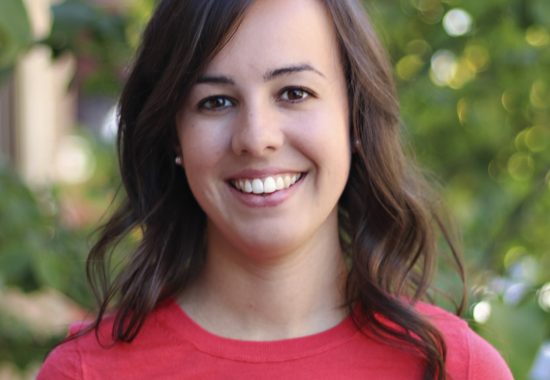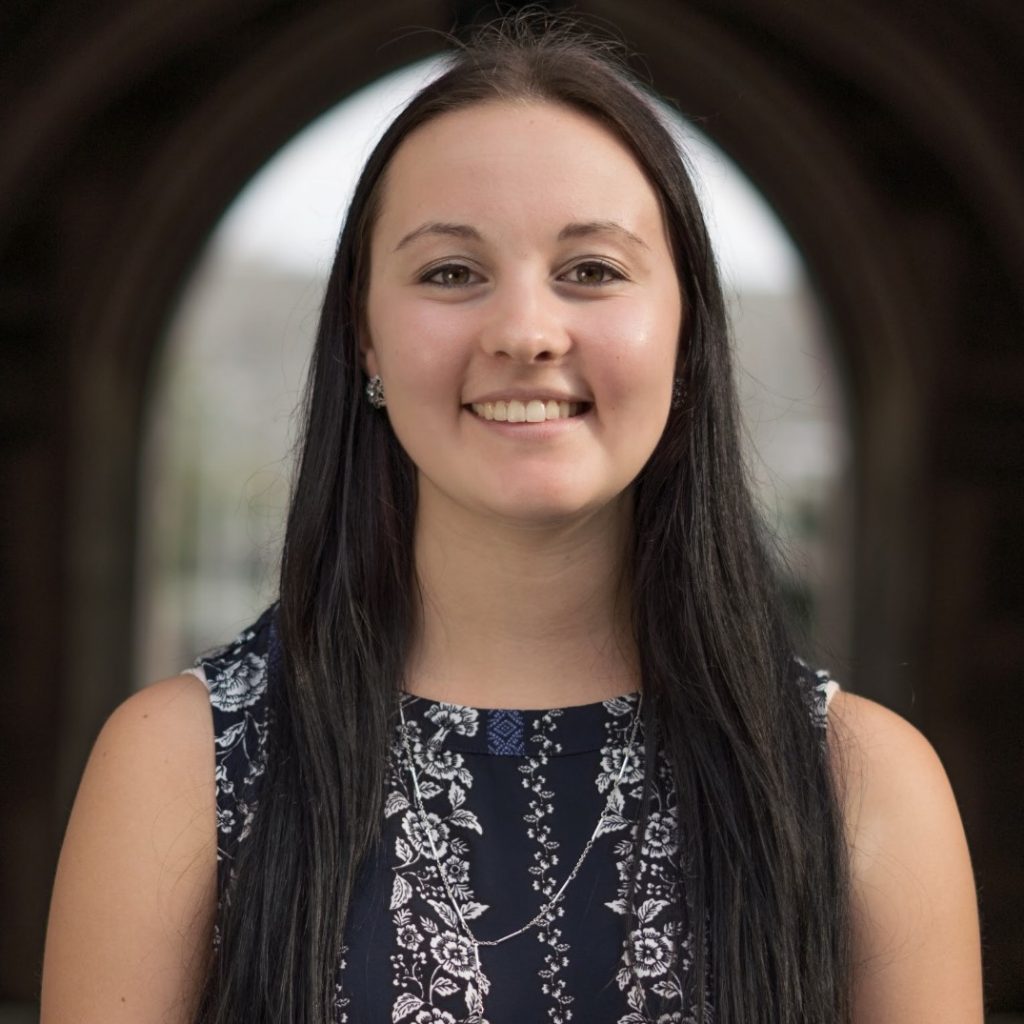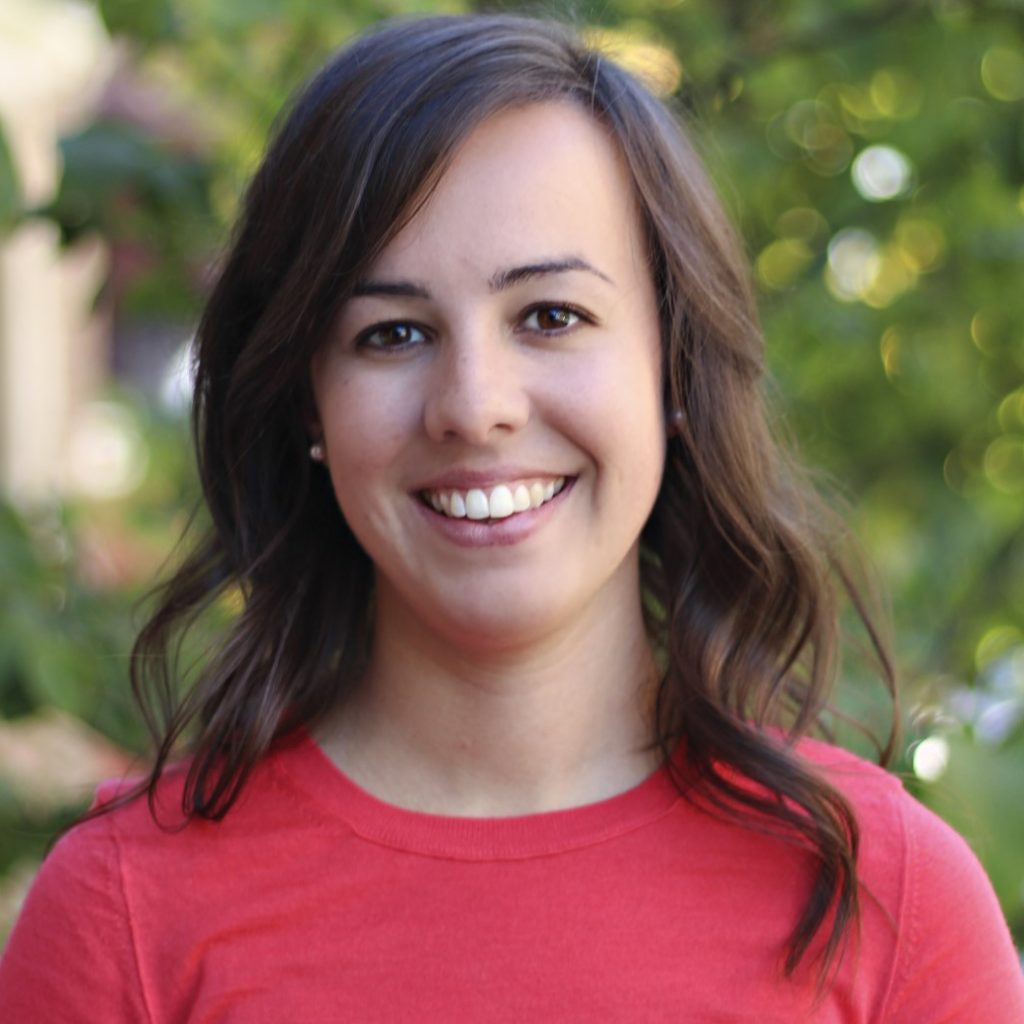The pioneering research led by investigators at Moss Rehabilitation Research Institute (MRRI) would not be possible without the many dedicated research participants who have contributed their time and effort over the years. As part of the Klein Family Parkinson’s Rehabilitation Center at MossRehab, established in 2019, MRRI and MossRehab have worked together to expand the MRRI Research Registry. The Research Registry is a list of volunteers who are interested in participating in research at MRRI, and it now includes individuals with a diagnosis of Parkinson’s disease or Parkinsonism. Emily Fannick and Katie Cornell are two staff members who are integral to the process of recruiting new research volunteers. In this interview, Emily and Katie share more about their roles, this new extension of the MRRI Research Registry, and research opportunities at the Klein Family Parkinson’s Rehabilitation Center.
What prompted the development of a new extension of the MRRI Research Registry for MossRehab patients interested in participating in Parkinson’s related research?
Emily: People with Parkinson’s disease and related disorders frequently participate in programs at MossRehab. Advancing the scientific and clinical communities’ understanding of evidence-based neurorehabilitation for these individuals has recently emerged as a new but expanding area of research interest and was identified as critical to MRRI’s mission. Since its beginning nearly 20 years ago, our research registry has enrolled about 4,000 individuals who have experienced stroke (cerebrovascular accident; CVA) or traumatic brain injury (TBI). We are confident that expanding the MRRI Research Registry to include individuals affected by Parkinsonism will be a successful way to help researchers identify volunteers interested in learning about opportunities to participate in Parkinson’s-related research.
How is the Klein Family Parkinson’s Rehabilitation Center unique?
Katie: The Klein Family Parkinson’s Rehabilitation Center exemplifies MossRehab’s culture of research integrated with clinical care by focusing on improving the quality of care for individuals with Parkinson’s disease and related disorders through innovative approaches in rehabilitation. By expanding the MRRI Research Registry to include individuals with Parkinson’s disease and related disorders, the Klein Family Parkinson’s Rehabilitation Center will allow a variety of Parkinson’s-related research opportunities to flourish. In this way, it empowers patients from across the MossRehab network to help shape future care by participating in research studies designed to help better understand Parkinson’s disease and its treatment. This supports the central mission of the Klein Family Parkinson’s Rehabilitation Center “To provide evidence-based care by increasing our understanding of the effectiveness of current rehabilitation treatments while promoting greater synergy between clinical and research staff to increase collaborative innovation.”
What are some of your key responsibilities within the Parkinson’s extension of the MRRI Research Registry?
Katie: When individuals express an interest in becoming a member of the Research Registry, we facilitate this by walking them through the informed-consent process and enrolling them in the Research Registry so that they may be contacted about future research opportunities. We also help to raise awareness of this new extension of the MRRI Research Registry by holding information sessions at MossRehab outpatient centers. In addition, we develop and modify recruitment and enrollment procedures specifically for the needs of those affected by Parkinsonism and maintain the information in the Research Registry (e.g., updating contact information for Research Registry volunteers).
Every study is different, but can you give a general overview of the kinds of research studies that are conducted?
Emily: MRRI is home to approximately a dozen laboratories that have specific research focuses, with Parkinson’s and related disorders being one of them. Research studies are designed to investigate different areas of functioning within these patient populations, such as problems with speech and language, attention, memory, movement, and emotional well-being. Researchers also study which treatments work best in these areas. Patients may complete assessment batteries; participate in speech, language, movement, and/or cognitive tasks (e.g., talking about pictures and videos, imitating actions); and/or answer questions about how their lives are affected by their symptoms of Parkinsonism. Experiments may also make use of cutting-edge technologies such as immersive virtual reality and interacting with robots.
What is the process like for a patient who wants to join the Research Registry and the steps someone would go through to participate in a Parkinson’s-related research study here?
Emily: The process for an individual to volunteer to be a participant in the Parkinson’s extension of the Research Registry is twofold. After expressing their interest, the individual would first need to complete the informed-consent process to join the Research Registry. MRRI researchers are then able to search the Research Registry to identify and contact individuals that may be eligible to participate in their research studies. If the Research Registry member is eligible and interested in participating in a particular study, a second informed-consent process specific to that study will take place. The second informed-consent process provides the participant with details about the study (e.g., study duration, examples of tasks involved, and the risks and benefits of participation) and provides an opportunity to have their own questions about the study answered. It is really that simple! This same process applies to stroke, TBI, and Parkinson’s-related research. The informed-consent process, as well as all aspects of the Research Registry and any study that takes place at MRRI, is conducted with Institutional Review Board oversight.
For people who are considering getting involved in research, what are some of the benefits?
Katie: Getting involved in research allows people to contribute directly to science. Researchers rely on volunteers to participate in research so they can learn more about rehabilitation, Parkinsonism, and the brain, which may help improve rehabilitation services in the future for all of those living with the effects of neurological disease or injury.
What are some of your goals for the Parkinson’s extension of the MRRI Research Registry?
Emily: The overall goal for Parkinson’s research is to continue to develop best practices for treatment. For the Parkinson’s extension of the Research Registry specifically, we are really focused on streamlining our procedures to ensure we are reaching as many people as possible that might be eligible and interested in joining the Research Registry.
Katie: We also continue to strengthen our relationships with clinicians across MossRehab outpatient centers to raise awareness of this new extension of the Research Registry as well as all of the research opportunities at MRRI and MossRehab.
What do you like most about what you do?
Katie: The best part of what I do is interacting with potential Research Registry participants and their family members. I have met so many interesting and friendly people that are eager to get involved!
Emily: I have two favorite parts of my position that make working as a Research Registry Recruiter very special and rewarding. The MRRI Research Registry staff, researchers at MRRI, and all therapists, clinicians, and physicians at MossRehab are very passionate about what they do and why they do it — to help others. That passion resonates with me and motivates me in my own work every day. Secondly, working with patients and their families one-on-one really puts into perspective the benefits that research can deliver for the patient populations that we study.




4 comment on “An Inside Look at the Parkinson’s Extension of the MRRI Research Registry”